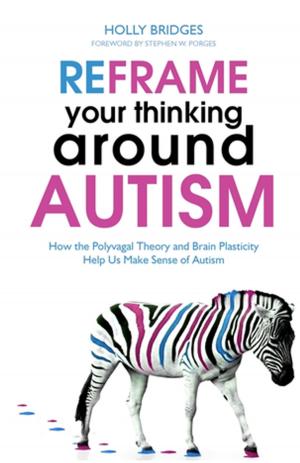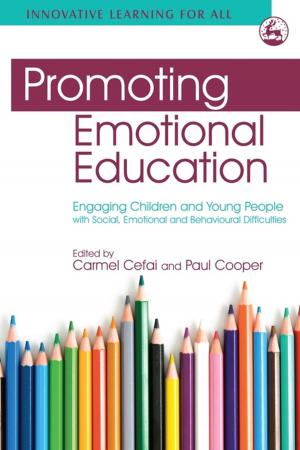Violence, Restorative Justice, and Forgiveness
Dyadic Forgiveness and Energy Shifts in Restorative Justice Dialogue
Nonfiction, Social & Cultural Studies, Social Science, Social Work, Crimes & Criminals, Criminology, Health & Well Being, Psychology| Author: | Marilyn Armour, Mark S. Umbreit | ISBN: | 9781784507954 |
| Publisher: | Jessica Kingsley Publishers | Publication: | January 18, 2018 |
| Imprint: | Jessica Kingsley Publishers | Language: | English |
| Author: | Marilyn Armour, Mark S. Umbreit |
| ISBN: | 9781784507954 |
| Publisher: | Jessica Kingsley Publishers |
| Publication: | January 18, 2018 |
| Imprint: | Jessica Kingsley Publishers |
| Language: | English |
A groundbreaking book founded on extensive original research, designed to determine how restorative dialogue works, and the role of forgiveness within it.
The research involved interviews with 20 victims who went through a Victim Offender Dialogue (used in crimes of severe violence), and documents how the shifts in energy during the course of their dialogue moves the toxicity associated with the crime to a different place. This study explores the role of bilateral forgiveness in restorative work and addresses key questions about the role of forgiveness in restorative justice, such as how it can be measured. It also outlines a model which explains how the energy flow of dyadic forgiveness in restorative justice dialogue is formed.
Rich in data and in findings, this book will deepen understanding of how restorative justice works, and will inform future research and practice in the field.
A groundbreaking book founded on extensive original research, designed to determine how restorative dialogue works, and the role of forgiveness within it.
The research involved interviews with 20 victims who went through a Victim Offender Dialogue (used in crimes of severe violence), and documents how the shifts in energy during the course of their dialogue moves the toxicity associated with the crime to a different place. This study explores the role of bilateral forgiveness in restorative work and addresses key questions about the role of forgiveness in restorative justice, such as how it can be measured. It also outlines a model which explains how the energy flow of dyadic forgiveness in restorative justice dialogue is formed.
Rich in data and in findings, this book will deepen understanding of how restorative justice works, and will inform future research and practice in the field.















